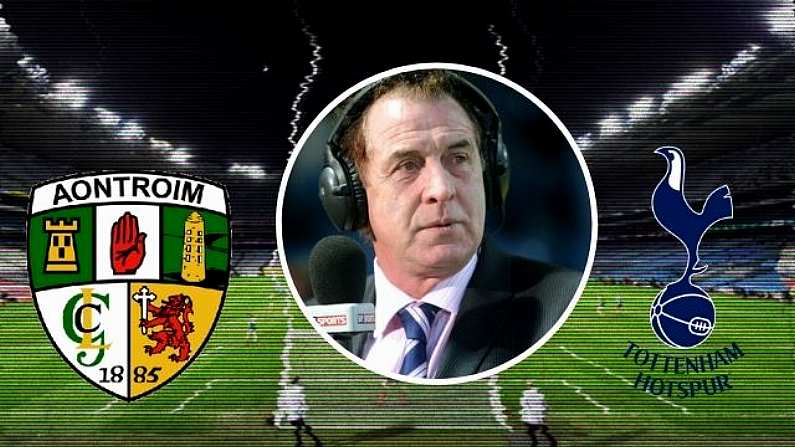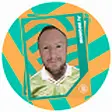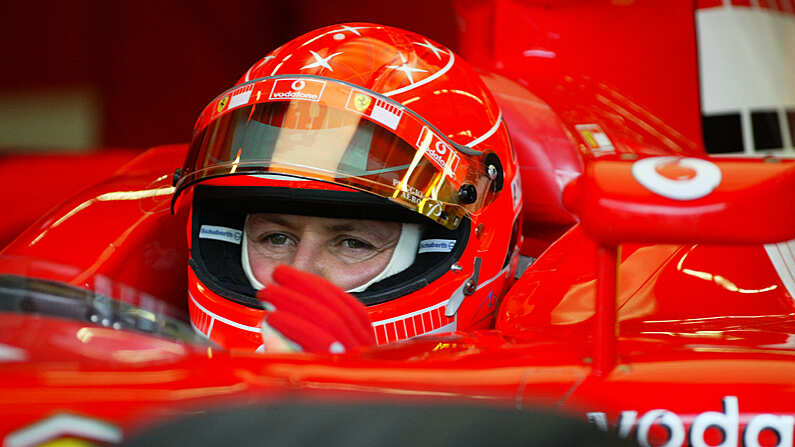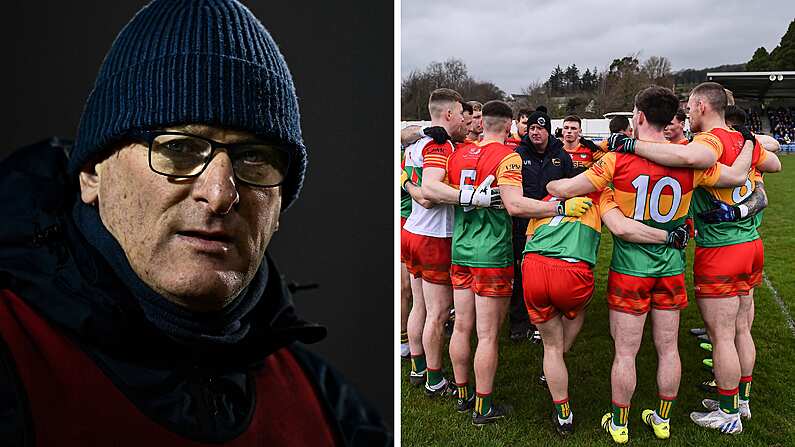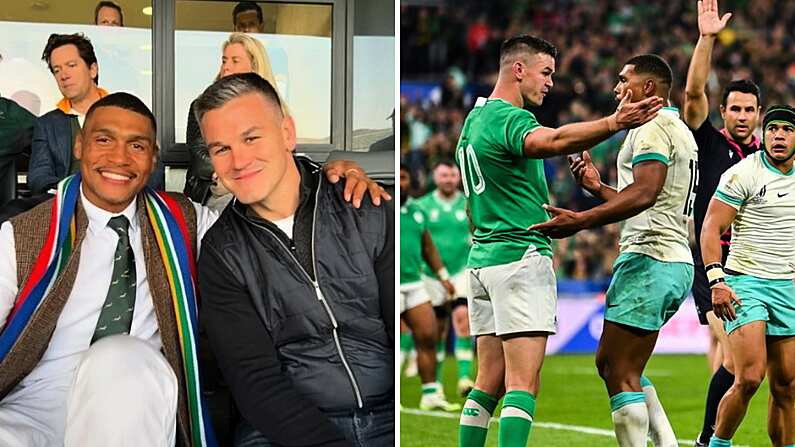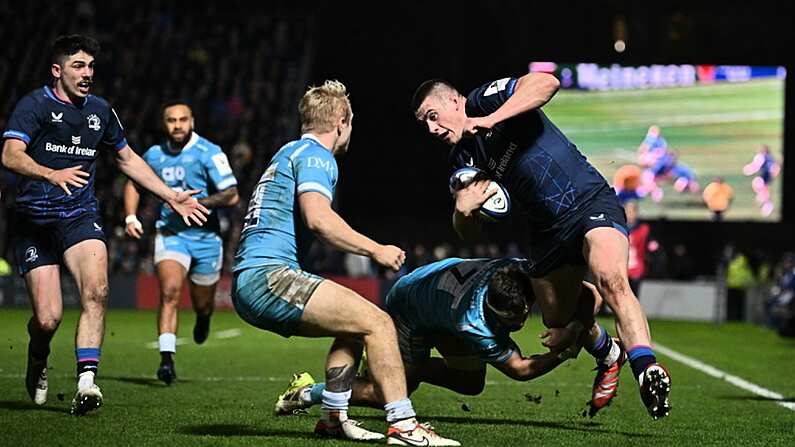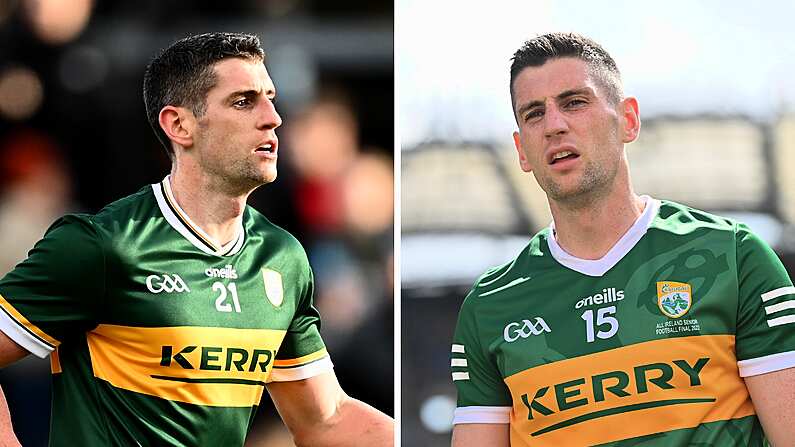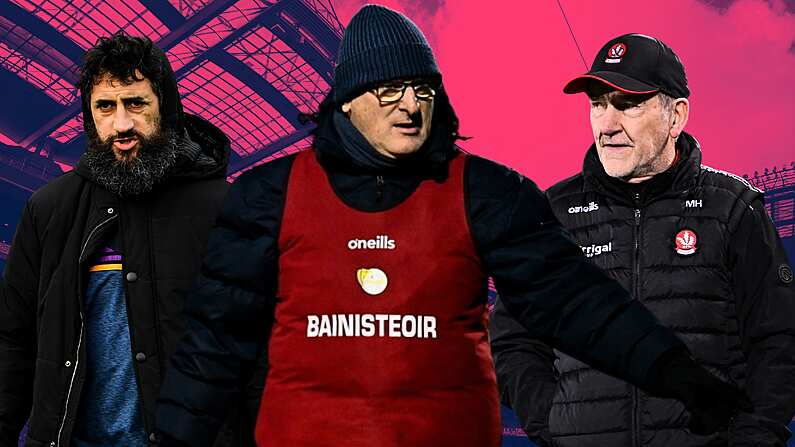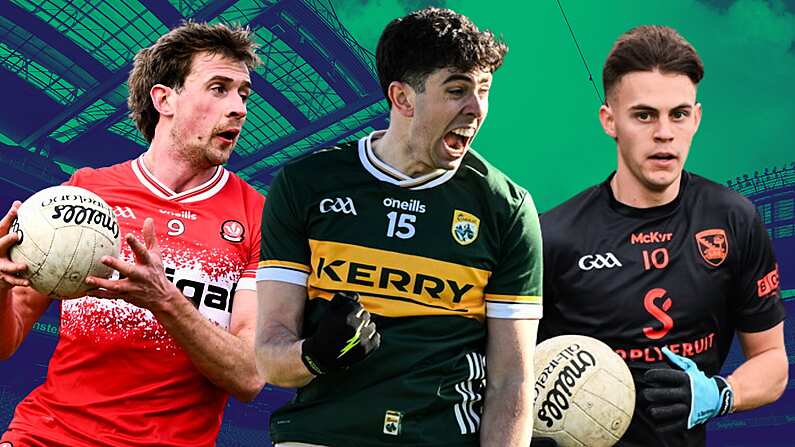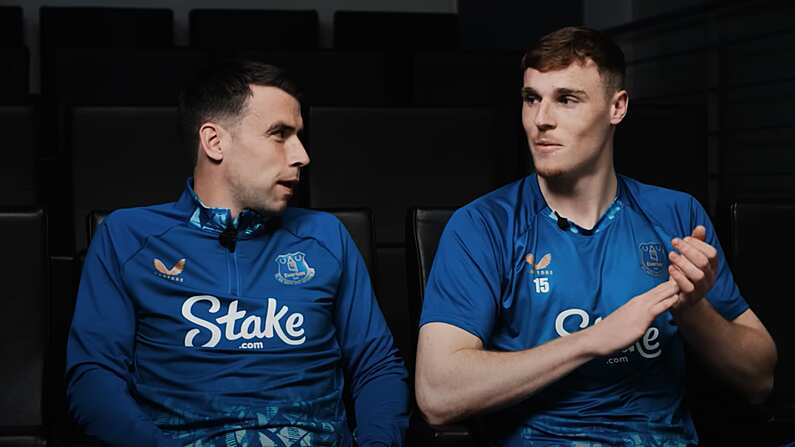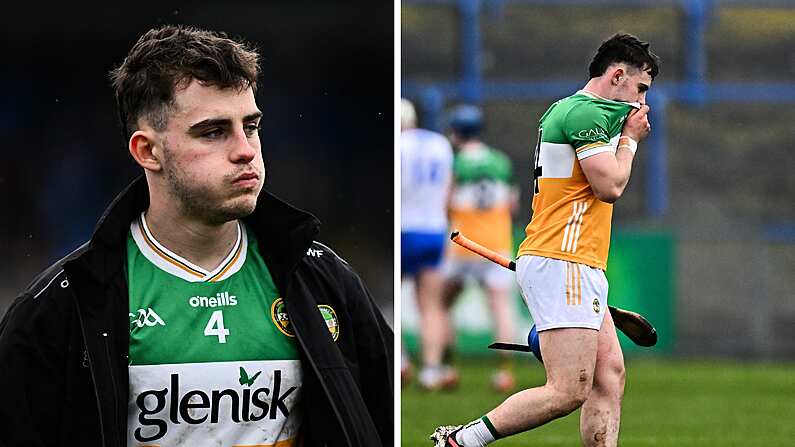Though he won 63 caps for Northern Ireland, and played at the 1982 World Cup, Gerry Armstrong didn't start playing soccer until well into his teens.
For the kid growing up in Belfast, Gaelic football and hurling were his sports. His grandfather Joe Gallagher was a founding member of the St John's club and seven of his uncles played at senior level.
"I was brought up with all of that, and didn't play soccer until 1969-70 when The Troubles started in Belfast and we had a situation where internment came in," Armstrong told the 'Road Less Travelled' podcast.
"There were a load of lads playing for the soccer team at St Thomas' School where I went who were arrested. The team was short. I played Gaelic football for the school. I was asked if I'd play soccer for the school. I played centre-half.
"That year St Thomas's won the Sir Robin Kinahan Cup, which was the senior trophy. We played Carrickfergus High School in the final, and I played centre-half. We beat them 3-1, and I managed to score twice that day.
"Afterwards, I was asked if I'd go on trial with Everton. I said, 'I'm not really interested in playing soccer. I just play hurling and Gaelic'. I wasn't really that bothered."
The first in our "Road less travelled" series @PatricioFund & I interview players who have journeyed beyond the boundaries or Ireland or Britain as footballers.
Many thanks to Gerry Armstrong (@gerryar14716917 ) for taking the time to chat
Soundcloud: https://t.co/nAhiomhbgY— Gerard Farrell (@gerrytastic) March 29, 2021
That was the first twist of fate which took Armstrong to the soccer pitch, the second was a suspension from playing GAA.
"As a 17-year-old, I was playing senior football for St John's, minor football for Antrim, U21 football for Antrim, and senior football for Antrim," said Armstrong.
"In one of the games, I'd been in a fight a week before and I'd busted my knuckle. I had plastercast. I probably wasn't supposed to be playing but I had a glove or two on. I caught this guy with a left-hook and busted his jaw. They suspended me for five or six weeks.
"In that suspension, I started playing a bit of soccer for Cromac Albion who were a very good amateur team in Belfast. I didn't play that many games before Billy and Bertie Neill, the manager and assistant manager of Bangor saw me play, and asked me to go down to Bangor.
"First game, I came on for the reserves. I think there were about 15 minutes and it was 1-1 at the Civil Service Grounds. Their centre-half was a big lad, a bit of a lump.
"[The manager] said to me 'Go and get us a goal'. I went past a couple of people, took a shot, and the keeper saved it. The rebound came to one of my teammates and he stuck it in the net. The big centre-half said, 'You do that again, I'll break your effin legs'.
"A couple of minutes later, I picked up the ball and went past him. I hit one into the far corner of the net. I turned around, and he was coming towards me, so I threw a right-hook and hit him. I got promptly sent-off. I was on about seven or eight minutes. I was trying to learn the rules of the game at the time. Soccer was rough and ready then but Gaelic was even rougher and readier.
"I'd played hurling for Antrim and won an All-Ireland vocational schools against Tipperary. We beat them at Croke Park that year."
Armstrong stopped playing hurling at 18, realising he was asking too much of himself to keep all three codes going. His final game of Gaelic football was in an All-Ireland U21 semi-final defeat to Kerry.
"On a Saturday, I'd play for Bangor and then on the Sunday I'd play for Antrim at Casement Park," he said.
"That continued for two or three years before Tottenham Hotspur came in and signed me.
"The last game I played in August of 1975, just before I signed for Tottenham two months later... We'd won the Ulster U21 title, and we went down to play against Kerry in Tralee. That was against Páidí Ó Sé and Pat Spillane. Páidí was trying to mark me that day.
"I remember playing against Kevin Moran around the same time. I played in the quarter-final or semi-final of the National League at Croke Park.
"It was a sport that I loved and I always wanted to play."
You can listen to the interview with Gerry Armstrong below.

